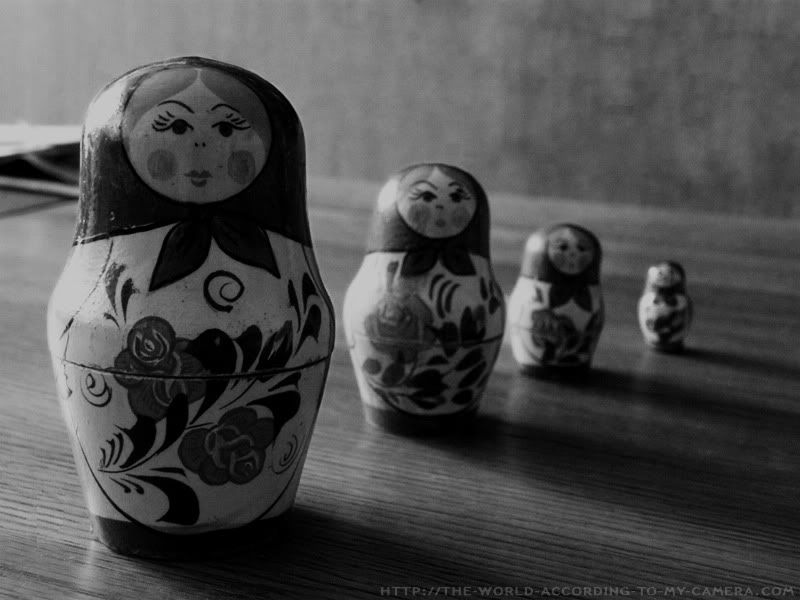
“What if a person isn’t supposed to be alone, isn’t supposed to have glory on his own, but rather get glory from the God who loves him? What if, in the same way the sun feeds plants, God’s glory gives us life? What if our value exists because God takes pleasure in us?” ~ Donald Miller
If I am honest with myself, if we are all honest with ourselves, on any given day at any given moment, I operate as if I have glory on my own. What I mean is at some point during the day, and usually at multiple points, I have an interaction with another person in the world around me and my words or deeds are founded in my belief that I am more important, smarter or better than the other person in some way. I’ll give you an example: I struggle with anger when I drive. If someone is going to slow I get frustrated and move in close to try and get them to speed up. If someone cuts me off, I’ll swear (either out loud or in my head) at them and shake my head. But why? What gets me so angry? On the surface I would probably say, “Well, they just shouldn’t have done that” or “it was dangerous”, but the truth goes deeper. The truth is when I get angry on the road it is usually because I feel disrespected, like the offending party doesn’t give a crap about my existence, is barely aware of it or worse, is totally aware of it and yet values their own over mine.
I think this dynamic, this feeling of self-worth and self-righteousness is our misplaced need for the love of God playing itself out in our lives. Instead of seeking God and finding our worth in the fact He loves us, we constantly seek the approval and justification of our existence from other people. And when someone doesn’t approve, or doesn’t notice our worth we get very angry. I know this is true of me anyways.
In San Francisco, many people when asked if all humans have equal worth would say yes. Which I suppose is good, we do and it’s nice they think that. The problem is, for many, this is just lip service. They may say it and even think they believe it and yet live their lives as if they don’t believe it. For some, all humans have equal worth as long as their opinions line up with a certain political party or religious ideal. For others, all humans have equal rights until those equal rights infringe on their own private lives. And I bet if your follow up question was, “Well, why do they all have equal worth” you probably would get a pretty rambling answer.
But I think Donald Miller is onto something here. I think what gives people equal worth is the fact that God loves each one of us, not how much money we make, or how much we are adored by those around us, or how talented we are. I happen to believe this and I also happen to forget this on an hourly basis. My belief that God’s glory and love alone is what gives all humans worth is swell and dandy until someone drifts into my driving lane while yammering away on their cell phone at which point my red-faced cursing would seem to suggest, actually Josh, you really believe you are more valuable than that person. This is all very true and very convicting. I often am no better than Clamence in Camus’ The Fall when he says, “I could live happily only on condition that all individuals on earth…were turned toward me, eternally in suspense, devoid of independent life….doomed in short to sterility until the day I should deign to favor them,”.
And yet Jesus has changed all of this. Jesus’ very presence on earth, his life, his death and his resurrection were all confirmation, proof if you will, of just how valuable we are to God. Not because we have any inherent worth or value in ourselves, but because a perfect God loves us perfectly which makes us infinitely more valuable than if our worth was determined by ourselves. Imagine how radically changed your own life would be if you constantly lived your life through this reality. Imagine how changed your relationships would be, how changed your family would be, how changed your community would be, how changed your city or town would be, on and on until finally you come to how changed this whole world would be if the love of God for each person regardless of race, gender, age, or any other subdivision was known to everyone. If we all grasped how valuable we are and more importantly how valuable everyone else is in the eyes of God and how much He loves us and how it is this love that gives us value in the first place. My guess is this world would be a drastically transformed place. My guess is my own life would be a radically transformed one…and that is what I’m praying for, for this reality to really change not just my perspective but my heart. I’ll let you know how it goes.



